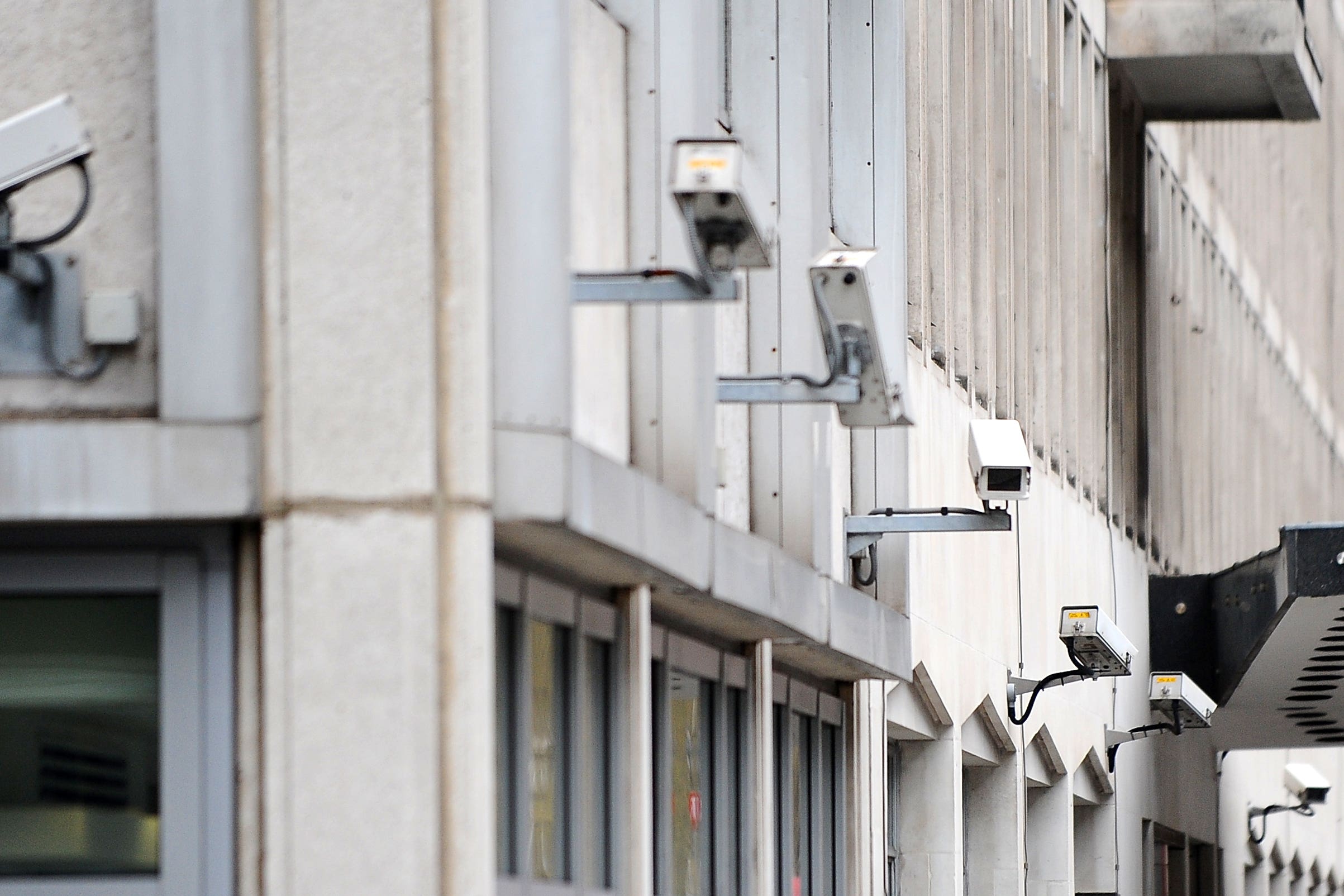Public must recognise ‘collective responsibility’ for keeping UK safe, says MP
Alicia Kearns stressed the need to build resilience across government, businesses and citizens to protect the UK from autocracies such as Russia.

Your support helps us to tell the story
From reproductive rights to climate change to Big Tech, The Independent is on the ground when the story is developing. Whether it's investigating the financials of Elon Musk's pro-Trump PAC or producing our latest documentary, 'The A Word', which shines a light on the American women fighting for reproductive rights, we know how important it is to parse out the facts from the messaging.
At such a critical moment in US history, we need reporters on the ground. Your donation allows us to keep sending journalists to speak to both sides of the story.
The Independent is trusted by Americans across the entire political spectrum. And unlike many other quality news outlets, we choose not to lock Americans out of our reporting and analysis with paywalls. We believe quality journalism should be available to everyone, paid for by those who can afford it.
Your support makes all the difference.Members of the public need to share responsibility for keeping Britain safe from hostile regimes such as Russia and China, the chairwoman of the Commons Foreign Affairs Committee has said.
Conservative MP Alicia Kearns warned the public had been “encouraged to abdicate responsibility for their own security”, weakening the UK’s defences against autocracies.
In a speech on Wednesday to the Policy Exchange think tank, Ms Kearns said: “Our forebears recognised the role of collective responsibility in protecting individual freedoms.
“We must take responsibility again and ask not what our country can do for us, but instead recognise our collective duty to make the choices that make our country safer.”
She encouraged the Government to begin a “national conversation” with the public about the “every day choices that each of us can make to hold off the autocrats”.
In a wide-ranging speech, Ms Kearns argued that Britain had been “naïve” about the threat from autocracies such as Russia and China and stressed the need to build resilience across society.
She said: “It is hard to overstate just how infiltrated we have become. Even in Parliament, the birthplace of democracy, we have seen the malign influence of autocratic states through useful idiots and cyber attacks.”
She also renewed warnings about widespread use of Chinese technology in Britain, accusing Beijing of “industrialising” acquisition of UK data.
Ms Kearns said: “We spent weeks discussing the threats from balloons in our stratosphere when a much greater threat lies in our pockets and on our streets.
“Data-exploiting technologies have become part of the fabric of our lives, whether it be TikTok, or Hikvision and Dahua CCTV cameras on our streets, or the DJI drones and Hytera body cameras carried by our police.
“Our data makes us vulnerable; it reveals our networks, our locations, our interests and habits, and our pattern of life, and as other countries take action to protect their citizens, we run the risk of becoming a laggard amongst free and law-abiding nations.”
In recent weeks, both the European Commission and the US government have banned staff from using Tik Tok on official devices over fears that the Chinese-owned app could be used to harvest personal data, and Ms Kearns has called on the UK Government to follow suit.
In December, TikTok executive Liz Kanter insisted the platform has not been asked for UK user data by the Chinese government and would not provide it if it was.
In Wednesday’s speech, Ms Kearns went on to urge the Government to tackle “transnational repression”, including by shutting down offices in London and Manchester that she described as “recruitment centres” for Iran’s Republican Guard.
She also called for the UK and allies to counteract the “subversion of multilateral organisation” by autocracies, who have managed to place their representatives in leadership positions in organisations such as the United Nations and Interpol.